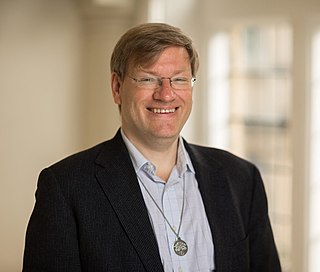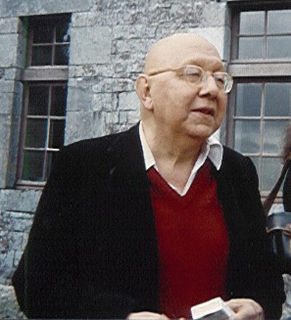A Quote by Eric S. Raymond
People who study primate societies make a distinction between two kinds of cultural interactions, agonic and hedonic. In agonic societies, you gain status by asserting dominance over others. In hedonic societies, you gain status by drawing attention to yourself. Open source is a hedonic culture.
Related Quotes
And yet, over the years I've met so many people like Jared who seem to be more at home, happier, living in a country on of their birth. ... Not political refugees, escaping a repressing regime, nor economic refugees, crossing a border in search of a better-paying job. The are hedonic refugees, moving to a new land, a new culture, because they are happier there. Usually hedonic refugees have an ephiphany, a moment of great clarity when they realize, beyond a doubt, that they were born in the wrong country.
In a cross-cultural study of 173 societies (by Herbert Barry and L. M. Paxson of the University of Pittsburgh) 76 societies typically had mother and infant sharing a bed; in 42 societies they shared a room but not a bed; and in the remaining 55 societies they shared a room with a bed unspecified. There were no societies in which infants routinely slept in a separate room.
We see that there are two different kinds of...societies: (a) parasitic societies and (b) producing societies. The former are those which live from hunting, fishing, or merely gleaning. By their economic activities they do not increase, but rather decrease, the amount of wealth in the world. The second kind of societies, producing societies, live by agricultural and pastoral activities. By these activities they seek to increase the amount of wealth in the world.
Dissident Natan Sharansky writes that there are two kinds of states - “fear societies” and “free societies.”… The two societies make up two kinds of consciousness. The consciousness derived of oppression is despairing, fatalistic, and fearful of inquiry. It is mistrustful of the self and forced to trust external authority. It is premised on a dearth of self-respect. It is cramped …
In contrast, the consciousness of freedom … is one of expansiveness, trust of the self, and hope. It is a consciousness of limitless inquiry … It builds up in a citizen a wealth of self-respect.
History is driven, over the long haul, by culture - by what men and women honor, cherish, and worship; by what societies deem to be true and good, and by the expressions they give to those convictions in language, literature, and the arts; by what individuals and societies are willing to stake their lives on.
While all societies make their own imaginaries (institutions, laws, traditions, beliefs and behaviors), autonomous societies are those that their members are aware of this fact, and explicitly self-institute (????-?????????). In contrast, the members of heteronomous societies attribute their imaginaries to some extra-social authority (i.e. God, ancestors, historical necessity)
Societies that exclude the exoskeleton of religion should reflect carefully to what will happen to them over several generations. We don’t really know, because the first atheistic societies have only emerged in Europe in the last few decades. They are the least efficient societies ever known at turning resources (of which they have a lot) into offspring (of which they have few).
We view Sufism not as an ideology that molds people to the right way of belief or action, but as an art or science that can exert a beneficial influence on individuals and societies, in accordance with the needs of those individuals and societies ... Sufi study and development gives one capacities one did not have before.



































